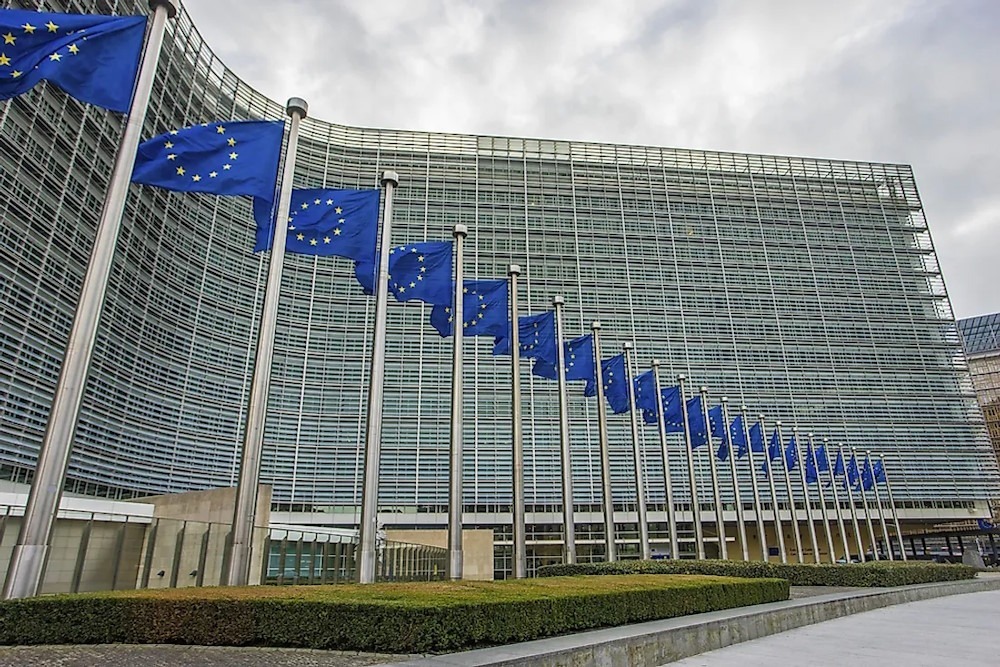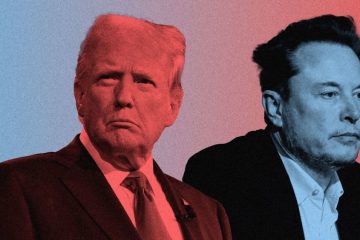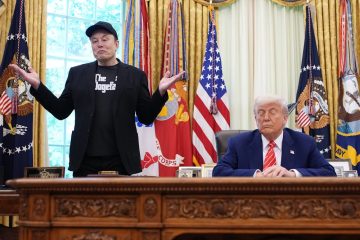Europeans censure the European Union

The outcome of the recent European Parliament elections may not have come as a complete surprise, but it has certainly sent shockwaves through Europe’s political landscape. Euroskeptic parties achieved their strongest results yet in the recent European elections. It is evident that Europeans desire a European Union that better caters to their needs and aspirations.
Across the 27-country bloc, voters elected 720 members of the European Parliament. As we published, votes were still being tallied, but it’s evident that parties leaning towards the right have had a strong performance. The European People’s Party is expected to emerge as the clear winner, benefiting from its coalition of national center-right parties including Germany’s Christian Democratic Union and Spain’s Popular Party. It appears that the EPP is poised to once again secure a majority in the upcoming parliament, just as it did in the previous one.
The other winners include a mix of parties and politicians who are frequently labeled as far right or populist right, although these labels can sometimes be misleading. Marine Le Pen of France takes center stage in this production. Her National Rally secured almost one-third of the vote, surpassing the combined share of President Emmanuel Macron’s Renaissance and the Socialist Party’s coalition. Following the defeat, Mr. Macron decided to hold a sudden legislative election, which could result in him sharing power with a majority from Ms. Le Pen’s party in the parliament.
This outcome is causing the typical overreaction that supporters of certain political parties often use to exaggerate the rise of extremist ideologies. European voters possess a higher level of intelligence.
Parties that emerged victorious did so by adopting more centrist positions on various issues. Ms. Le Pen has ceased her vocal opposition to the euro currency. Prime Minister Giorgia Meloni of Italy, a politician whose party is anticipated to perform strongly at the European level, has adopted a centrist stance and expressed backing for Ukraine since assuming office.
Political parties that did not make this transition, like Alternative for Germany (tainted by recent scandals involving its leaders’ alleged sympathies for actual Nazis), did not experience as much success as their counterparts who did. In a surprising turn of events, Dutch voters have chosen to support their center-left party over Geert Wilders’s party, despite giving him a significant victory just last November. This decision seems to indicate their desire to temper his populist agenda with a more moderate approach.
What voters desire is a European Union that effectively addresses urgent issues. Immigration played a pivotal role in the campaign. Europe has struggled to effectively handle the influx of migrants that were initially welcomed by former German Chancellor Angela Merkel in 2015, as well as those who have continued to arrive in large numbers. Voters are frustrated with a bureaucracy that appears to be stagnant during this crisis, and a legal system that presents significant challenges in the deportation of undocumented immigrants.
Voters are becoming increasingly tired of extravagant gestures that prioritize achieving net-zero carbon emissions over the well-being of struggling economies and the rising costs of energy. Green parties experienced significant losses over the weekend, prompting Brussels to scale back some of its more burdensome climate commitments in anticipation of the electoral outcome.
Now it is the responsibility of the newly victorious parties and politicians to fulfill their promises. Some individuals, like Ms. Meloni, will have the authority to select members of the European Commission to supervise the bureaucracy. The upcoming parliamentary vote on the new leader of the commission, currently held by Ursula von der Leyen, will serve as a measure of the parliament’s astuteness, as they engage in policy negotiations for this appointment. Insurgent parties have often found governing to be a challenging experience.
This seems to be the typical dynamics of regular democratic politics, rather than the slide into fascism that is often exaggerated by alarmist elites on the left. If that appears unusual and unfamiliar for the European Union, it is even more justification for the rebuke voters have given.









